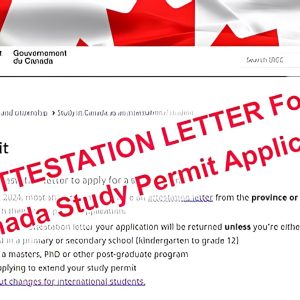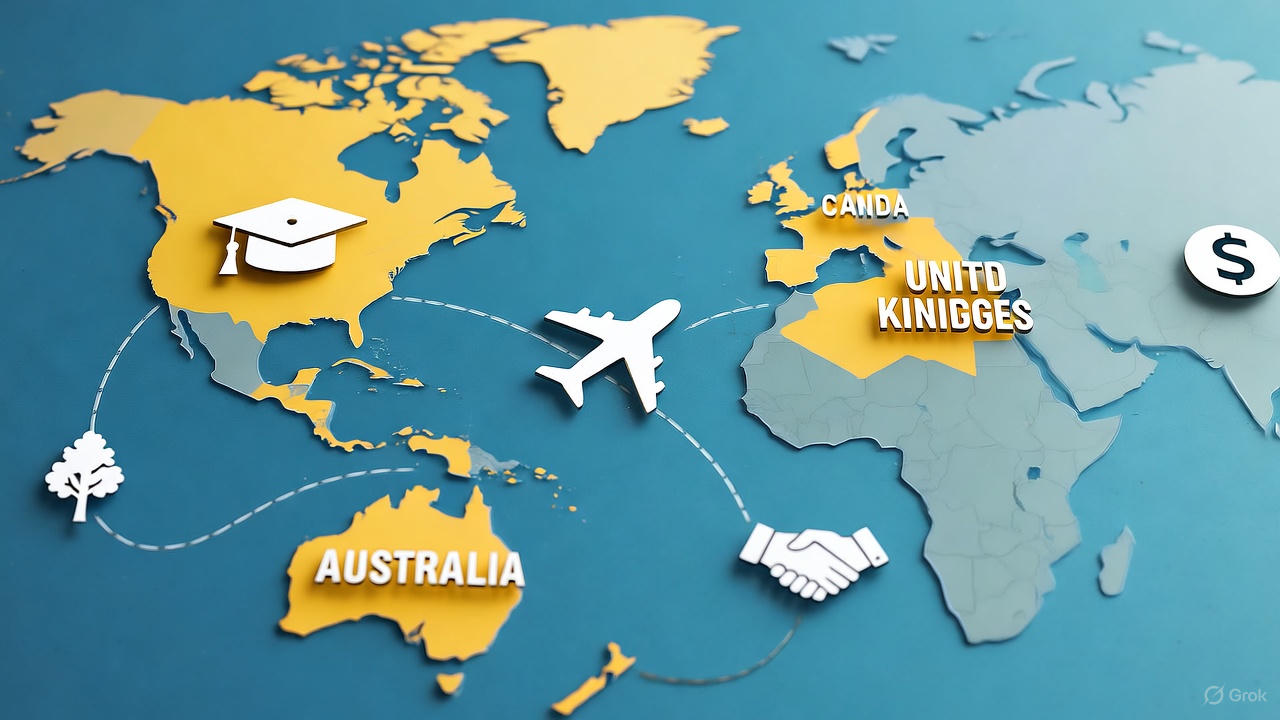In an effort to strengthen its policing capabilities and address ongoing recruitment challenges, Alberta has introduced the Law Enforcement Pathway as part of its Alberta Advantage Immigration Program (AAIP). This specialized immigration stream targets experienced international law enforcement professionals, offering a streamlined route to permanent residency (PR) in Canada. Launched in June 2024, the pathway aligns with Alberta’s broader economic and public safety goals, helping local police services combat crime while integrating skilled workers into the province’s communities. As of October 2025, the program has issued a limited number of nominations, reflecting its targeted and selective nature.
Background and Purpose
The Law Enforcement Pathway operates under the AAIP’s Alberta Express Entry Stream, which is aligned with Canada’s federal Express Entry system. It was created in response to recruitment needs identified by the Alberta Association of Chiefs of Police (AACP), focusing on filling gaps in police services across the province. By prioritizing candidates with relevant experience, Alberta aims to enhance public protection, support rural and urban policing, and contribute to overall community safety.
The pathway consolidates efforts to attract commissioned and non-commissioned police officers, investigators, and related public protection roles. With a modest allocation of 20 nominations for 2025, it emphasizes quality over quantity, ensuring nominees are well-suited to Alberta’s law enforcement landscape. This initiative complements other AAIP streams, such as the Accelerated Tech Pathway and Rural Renewal Stream, by addressing sector-specific shortages.
Eligibility Criteria
To be considered, candidates must first have an active profile in the federal Express Entry pool and meet the criteria for one of its programs, such as the Federal Skilled Worker Program or Canadian Experience Class. A minimum Comprehensive Ranking System (CRS) score of 300 is required, though draws under this pathway often feature much lower cutoffs due to its targeted focus.
Key pathway-specific requirements include:
• Identification by AACP: Candidates must be recognized as international recruits by an AACP member organization, which verifies their suitability for Alberta police services.
• Job Offer: A valid, full-time job offer from an Alberta employer that is an AACP member. The offer must align with the candidate’s primary occupation in their Express Entry profile.
• Eligible Occupations: Limited to specific National Occupational Classification (NOC) codes:
• 40040: Commissioned police officers and related occupations in public protection services.
• 41310: Police investigators and other investigative occupations.
• 42100: Police officers (except commissioned).
• Intention to Reside in Alberta: Applicants must demonstrate a genuine intent to live and work permanently in the province.
• Language, Education, and Work Experience: These must satisfy federal Express Entry standards, with no additional provincial mandates specified beyond alignment with the job offer.
Ineligible applicants include those with occupations on the AAIP’s ineligible list, refugee claimants, or individuals with active nominations in other streams. The job must be based in Alberta, excluding remote or out-of-province work.
Application Process
The process begins with candidates being identified through AACP channels and potentially receiving a Notification of Interest (NOI) from AAIP based on their Express Entry profile. Upon invitation, applicants submit a full application via the AAIP portal, including proof of the job offer, Express Entry details, and supporting documents.
Steps include:
1. Create or maintain an Express Entry profile meeting the minimum CRS of 300.
2. Secure a job offer from an eligible Alberta police service.
3. Receive an invitation to apply during a targeted draw.
4. Submit the AAIP application, paying the required fee (CAD 500 as of 2025).
5. If nominated, update the Express Entry profile to claim 600 additional CRS points, leading to an Invitation to Apply (ITA) for PR from Immigration, Refugees and Citizenship Canada (IRCC).
Processing times for AAIP applications vary but are prioritized for sector-specific pathways. As of late September 2025, the Law Enforcement Pathway had fewer than 10 applications in queue, with assessments not tied to a specific receipt date due to its small scale. Successful nominees then proceed through federal PR processing, which typically takes 6-8 months for Express Entry.
Recent Draws and Allocations
Draws under this pathway are infrequent and highly selective, often issuing fewer than 10 invitations per round. For 2025, Alberta allocated 20 nominations, with 13 issued by September 24, leaving 7 available.
Notable 2025 draws include:
• September 17: Fewer than 10 invitations, minimum CRS of 56.
• August 19: Fewer than 10 invitations, minimum CRS of 45 (the lowest in 2025).
• July 16: Fewer than 10 invitations, minimum CRS of 49.
• June 18: Fewer than 10 invitations, minimum CRS of 51.
• April 17: Fewer than 10 invitations, minimum CRS of 49.
• March 5: Fewer than 10 invitations, minimum CRS of 48.
As of October 7, 2025, no new draws have been announced for October, though AAIP continues to monitor needs and may issue invitations as priorities evolve. These low-volume draws underscore the pathway’s focus on precise matches for Alberta’s policing demands.
Benefits for Applicants and Alberta
For international law enforcement professionals, this pathway offers a fast-track to PR, bypassing higher CRS thresholds in general draws and providing stability through employer-supported nominations. It also enables family inclusion, with spouses potentially eligible for open work permits. Nominees gain access to Alberta’s robust economy, competitive salaries (starting around CAD 70,000 for police officers), and opportunities in diverse settings from urban Calgary to rural detachments.
For Alberta, the program addresses chronic shortages in policing, enhancing response to crime and community engagement. By integrating global expertise, it supports the province’s goal of sustainable growth while aligning with federal immigration targets.
Challenges and Considerations
While promising, the pathway’s limited spots mean high competition. Applicants should ensure strong ties to Alberta and prepare for rigorous verification. Misrepresentation can lead to bans, and changes to eligibility occur without notice. Consulting a registered immigration consultant is recommended for personalized guidance.
Conclusion
The Alberta Law Enforcement Pathway represents a innovative approach to immigration, blending public safety needs with talent acquisition. As Canada navigates post-pandemic recovery, such targeted programs could serve as models for other provinces. Interested candidates should monitor AAIP updates and engage with AACP members to position themselves for success. With nominations still available in 2025, this could be a timely opportunity for qualified professionals seeking a new chapter in Canada.
Let Worldbridge Immigration Services be your guide to a successful future in Canada
Contact us:
Website: www.theworldbridge.ca
Email: info@theworldbridge.ca
Phone/WhatsApp: +1-416-727-7766
Social Media: @worldbridgeHQ

















